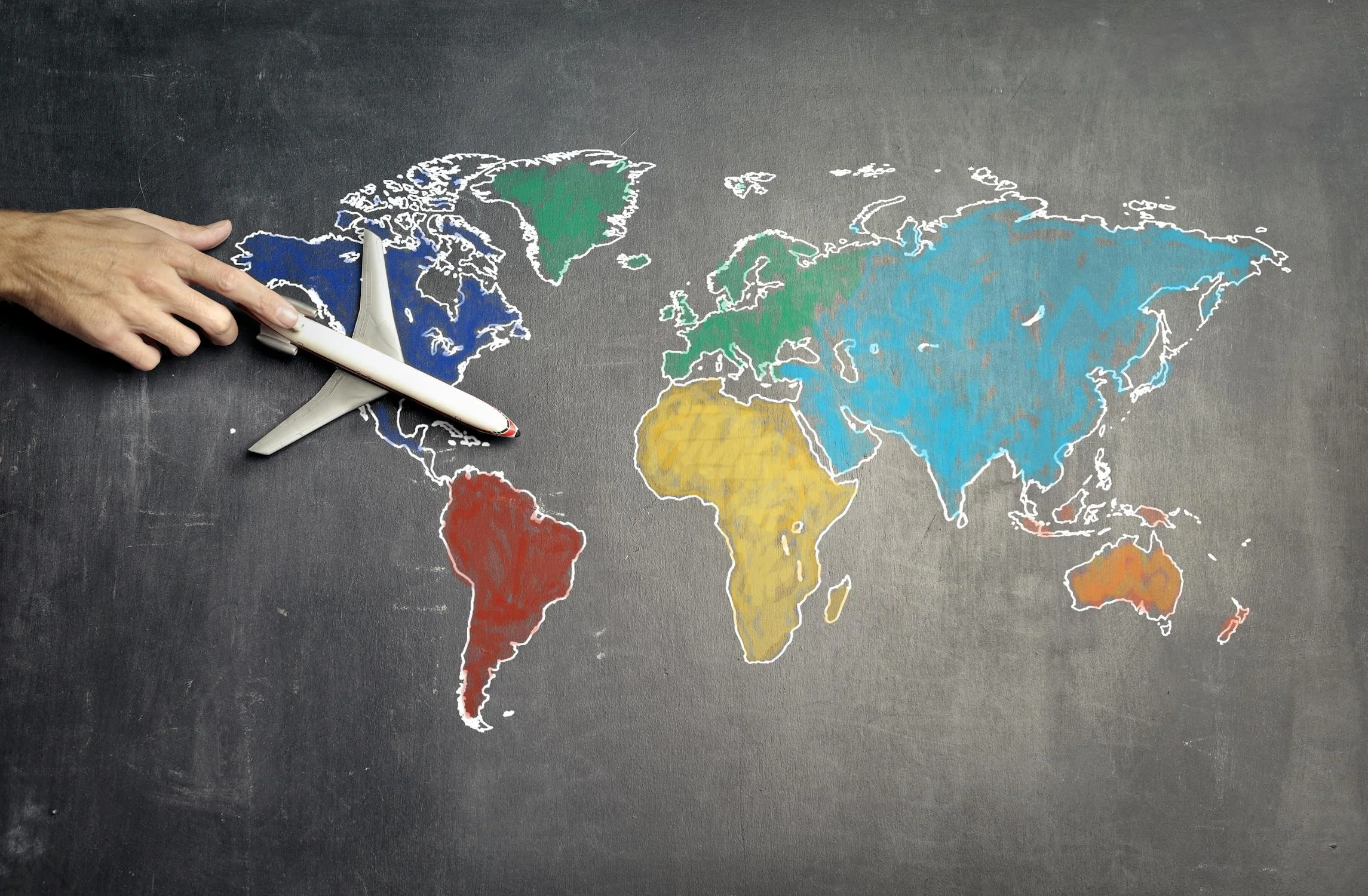The Impacts of Tourism
Photo by Pexels
Tourism is defined through the dictionary of Oxford Languages as the commercial organization and operation of vacations and places of interest. With the privilege of aircraft, it has become a popular notion to visit different places of the world whenever possible. During certain seasonal times, some areas get a higher variety of tourists and visitors; some examples being Hawaii during the summer, or Montana during winter. Although this can be a fun time for visitors, sometimes tourism leads to more long-lasting effects on the location itself. Tourism has a wide range of both positive and negative impacts, and it’s extremely important that people understand how their actions can affect the location they wish to visit.
The positive aspects of tourism mainly revolve around financial aid, and how it generates revenue through spending on attractions, accommodations, transportation, and more. Tourism creates more work opportunities and funding for community projects and services, and encourages the development of new businesses. In addition to providing direct funding, it boosts the location's global profile which attracts more opportunities to generate revenue. This helps paint a better understanding between different cultures while also educating and enlightening others on positive perspectives of different traditions. Tourism can largely benefit the local economy of that location, and in some cases, are the primary source of money; Hawaii being the main one.
The negative points on tourism revolve around the long-lasting impacts, and its social issues. When a certain location is popularized, a great example being Egypt, it creates a depletion of natural resources in order to accommodate the growing numbers of inhabitants or visitors. With Egypt’s increase of tourism, as well as many other spots, it leads to drastically high amounts of waste and trash in natural and cultural areas. Over-commercialization also weakens the local culture, and can clash with local customs and traditions. In addition to watered down cultural views, it creates a barrier between the tourist and the attraction; whether it refers to the general community or location. Some tourists, in situations like that, don’t acknowledge the fact that although something may seem different, that can be someone’s everyday life. This barrier creates room for ideas such as entitlement or ignorance to seep through, and it’s important for tourists to recognize that a certain location is more than what it can look like on the outside view.

